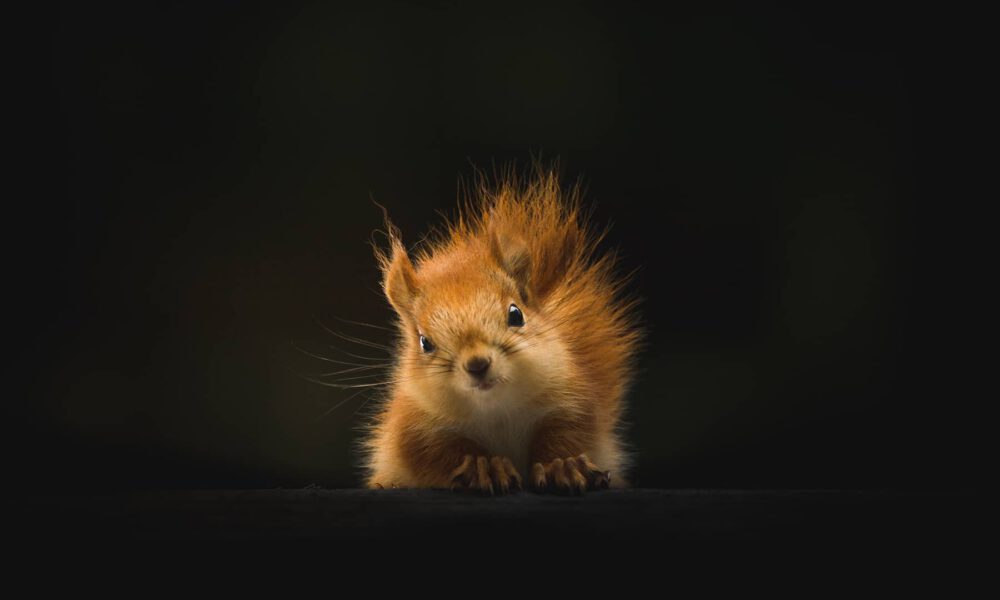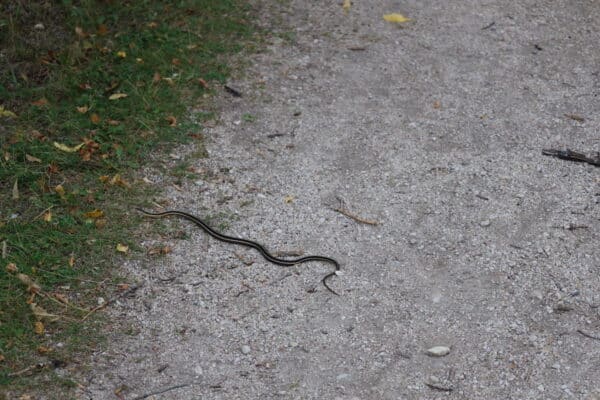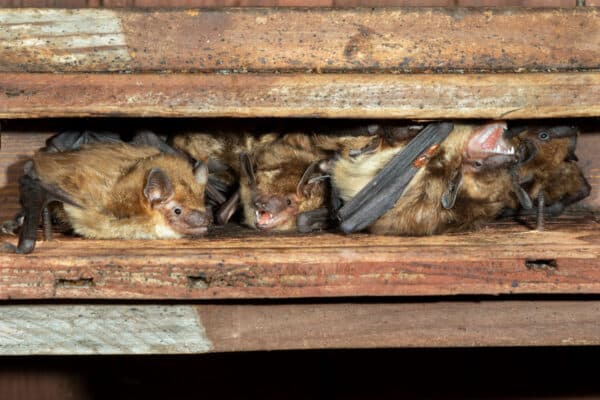
The pitter-patter of small feet is not a sound you desire to hear in your attic. Nevertheless, as the weather gets hotter, not only can wildlife animals damage your home, they can expose you and your family to specific transmittable diseases.
Our goal at Covenant Wildlife is to keep your home protected from these unexpected guests.
Blocking Access and Avoiding Infestation
The keys to wild animal control are blocking their possible points of gain access to and removing their preferred sources of food, water, and shelter. Calling a wildlife control expert to eliminate any wild animals from your residential or commercial property is always the best idea.
But, here are some ideas that can assist in deterring wildlife from entering your home in the first place.
Safeguarding Your Home
Helping safeguard your home versus wildlife starts with taking some initiative and preventive measures. To help manage problem wildlife, start by examining the exterior of your home for possible entry points or having it inspected by an expert from Covenant Wildlife.
Look for siding that has deteriorated or been damaged by the weather. Find all holes and cracks. Some of these animals can even make tiny openings bigger so they can squeeze through.
Stroll around the structure of your house and try to find openings and indications of animal activity where pipes, cable televisions, and vents leave the house. Structure vents can be especially prone to wild animals. Fix any damaged vent screens, and think about setting up vent covers to suitable vents to prevent animal entry.
When searching for entry points, pay close attention to locations where the gables or dormers meet the roofline. Our experts will also try to find water damage that promotes wood rot, which makes it much easier for wild animals to produce or enlarge holes and enter your house.
Landscaping Does More Than Make Your Home Look Nice
Trim any overhanging tree branches and keep them a minimum of 10 feet off your roofing. Tree squirrels, roofing system rats, and other tree home animals can utilize these branches as bridges into your house, especially if they are touching or resting on your roof.
While it can be fun to look out your window and see an animal such as a rabbit or a deer in your backyard, they can cause problems. Some wildlife will wander off into landscaped areas and gardens where they can harm plants and potentially your home. They can also bring disease-carrying ticks, and fleas into your space, specifically if the animal finds a method into your house.
With the correct education, homeowners will have the knowledge needed to control nuisance animals while minimizing the risks to people and household pets. In order to rid your yard and house of problem animals, you should initially recognize them. As soon as you have properly determined the types, you will have the ability to find out the very best strategies for control.
Birdbaths and bird feeders tend to bring in wildlife other than birds. If using birdbaths or bird feeders, they must be kept away from the house to dissuade wild animals from getting close. Setting up fencing, especially around gardens, can keep insects from entering into your lawn and destroying plants and other residential or commercial property.
Don’t Feed The Animals
Do not feed squirrels, opossum, raccoons or other wildlife and do not let fallen seed collect around your bird feeders. If possible, feed your family pets only inside your home. If you need to feed them outside, bring their bowls inside at night and tidy up any spilled food.
Store your garbage in safe and secure containers. Utilize a cord or weights to help secure the covers on your outside garbage receptacles.
Don’t put food scraps in your garden. Cover and secure any compost piles, and never add meat scraps or grease to your compost. If you garden, build a fence around your beds to help deter hungry animals, such as raccoons, bunnies, gophers, moles, and even bigger problem wildlife like deer.
Pick up fallen fruit and dispose of it properly. Chop firewood far from buildings or fences. Stack it on a frame at least 2 feet off the ground to assist prevent nesting in the wood stack or the soil below it. Doing so will likewise assist in protecting your house from termite problems.
An Ounce of Prevention is Worth a Pound of Cure
Nearly every house owner will run into some type of wildlife at some time in their lives. These animals like your home almost as much as you do, that’s why they try to move in with you! Whether it’s a bat, a squirrel, or even an alligator, we have got you covered.
Store food in sealed containers and constantly put food away. Keep your house clean. Seal all fractures and holes in your home. Use a tough trash bin with lids. Don’t leave food outside. If you’re already observing indications of wildlife, it’s time to employ the pros.
Contact Covenant Wildlife Today for Help
What sets us apart from animal control is that we can manage the elimination of nearly any type of wildlife, including squirrels, bats, mice/rats, snakes, chipmunks, raccoons, muskrat, birds, alligators (yes, we’ve gotten rid of an alligator before!), and more.
Do not wait, call us today for a free examination of the issue so we can offer you an immediate solution and quote!




